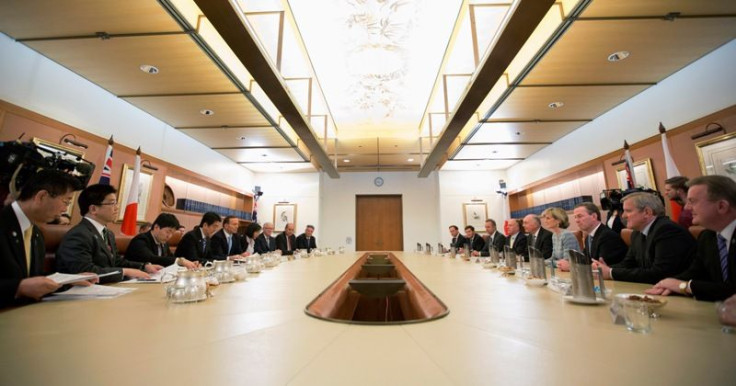Counter-terrorism laws: Anyone can be stripped of citizenship even if not guilty

Under the new counter-terrorism laws, people could have their Australian citizenship stripped even if they aren’t guilty of the terrorism-related charges slammed against them. The Department of Immigration has admitted that it is neither liable to provide reasons for revoking citizenship from people acquitted on all counts by the court nor it is liable to let people know that they lost their passports.
The news came after an inquiry was made into the controversial citizenship-stripping legislation before parliament. Department boss Michael Pezzullo said the Immigration Department has the all right to issue a notice of revoking someone’s citizenship if the prosecutors failed to prove their terrorism-related acts with proper evidence in court.
"It's conceivable that a notice would have to be issued in the circumstances where a court could not be satisfied ... that those matters had occurred, but we knew they had occurred," he told the hearing in Canberra.
In the hearing, it was also said that a person need not be alerted of this act after the immigration minister had signed a form revoking them of citizenship. It is totally on the minister’s discretion to decide whether to inform the person concerned.
Pezzullo said the minister could not under any circumstance rule out department’s advice on stripping citizenship. However, he could push the department to delay issuing of the notice until a police operation or investigation was on.
AAP reported that the Australian government is yet to ask other countries if they would permit the entry of the people stripped of citizenship. The parliamentary joint committee on intelligence and security land heard that those who would lose their citizenship would be issued a non-citizen visa and that they would be detained by the Department of Immigration.
However, they would be not allowed in the country anymore if they failed to prove their innocence. "Striking out the word 'innocence,' would they have to demonstrate they have a lawful right to remain in Australia? Yes," Mr Pezzullo said.
The hearing was also told that a group of senior public officials would be deciding on whether a person had seriously engaged in terrorism.
Contact the writer at feedback@ibtimes.com.au, or let us know what you think below.





















